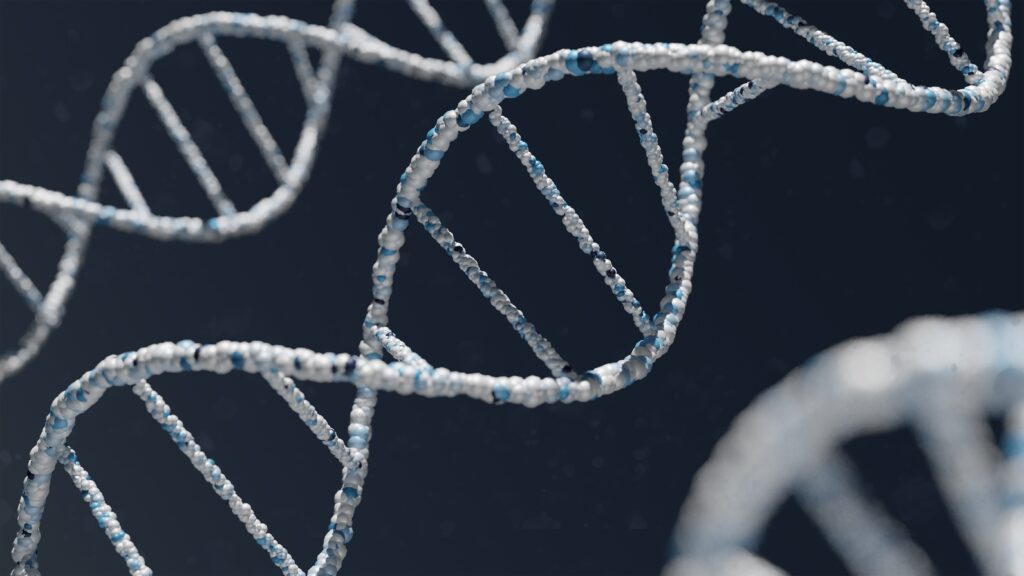
UK Biobank, a large-scale biomedical database, has announced that it will make the genomic and health data of half a million participants available for the use of researchers in the near future. The anonymised sequencing of 200,000 participants’ genomes has been released, with work continuing to sequence all of the 500,000 volunteers’ genomes.
UK Biobank is the world’s largest biomedical database of its kind, containing the de-identified genetic, lifestyle and health information of over half a million UK participants. At the end of 2023, the organisation made the decision to release the sequenced genomes of 500,000 volunteers, which will be available to health researchers and academics. The benefit of this data comes not only from its scale or detail, but from the longevity of the research, as explained by Professor Sir Rory Collins, principal investigator of UK Biobank: “The sheer amount of genetic data is exceptional – it is twice as much as anywhere else – but UK Biobank’s data is so illuminating because we’ve been able to follow the health of our brilliant volunteers for around 15 years.”
This is a veritable treasure trove for approved scientists undertaking health research
Professor Sir Rory Collins
Scientists use sequenced genomes alongside health data to try and uncover connections between genetic variants and health conditions via genome wide association studies (GWAS). Conclusions drawn from these studies deepen our understanding of the human genome, and allow scientists to discover drug targets and causes of heritable diseases, among other benefits. The larger the data set, the more accurate these conclusions are likely to be, contributing to the significance of the data release. Prof Rory Collins also stated that “This is a veritable treasure trove for approved scientists undertaking health research. I expect it to have transformative results for diagnoses, treatments and cures around the globe.”
The data from this project was gathered through collaboration between The Wellcome Trust, UK Research and Innovation, and several pharmaceutical companies, along with UK Biobank. Sharon Barr, Executive Vice President BioPharmaceuticals R&D from AstraZeneca, one of the funding companies, highlighted the collaborative nature of the project; ‘‘It showcases the importance of partnership and working together to push boundaries and enhance our scientific knowledge to support the development of future medicines for patients around the world.’’ In exchange for investment, companies received 9 months of exclusive access to gathered data before it was released to health researchers.
The data release signifies a step forward for genomic research, and demonstrates how collaboration can accelerate scientific discovery.


